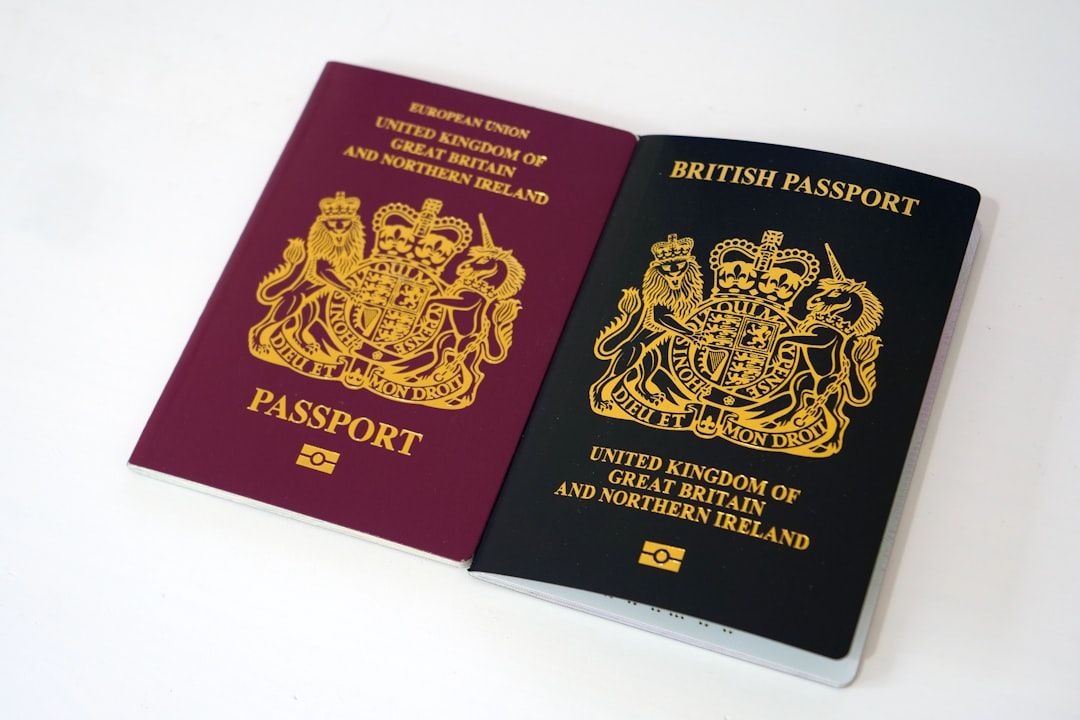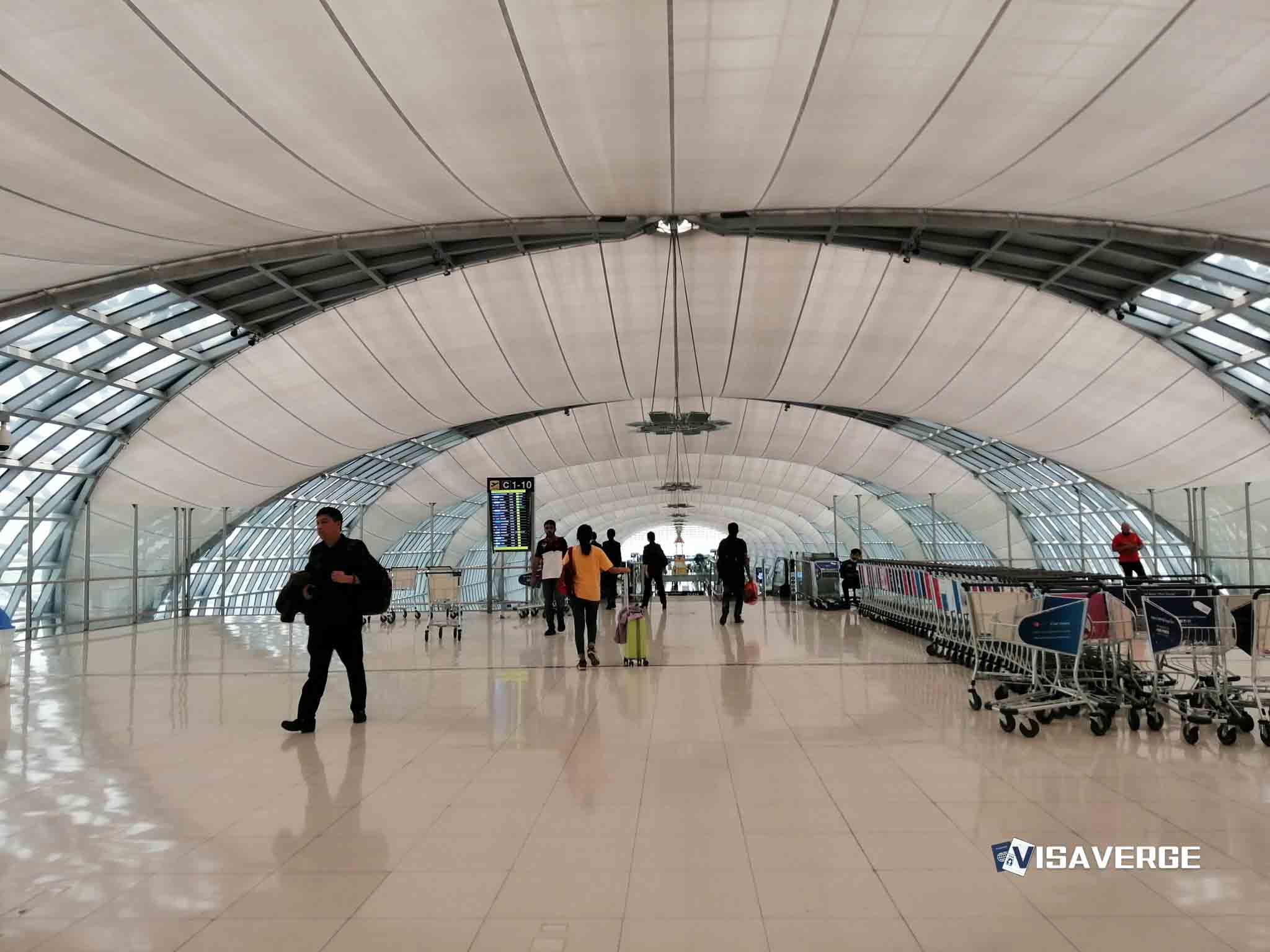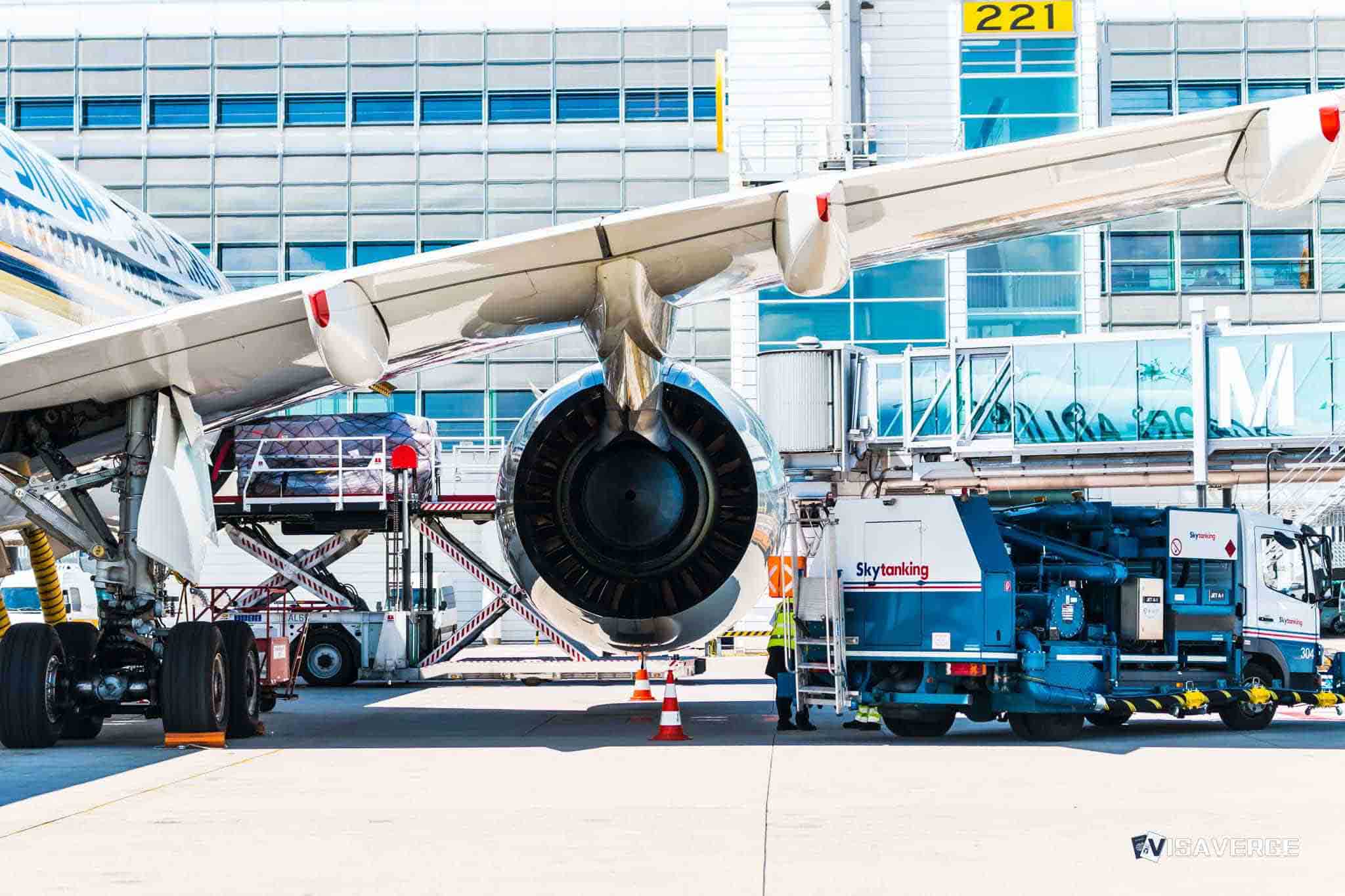(UNITED KINGDOM) The UK government has unveiled plans for a new Earned Settlement model that would double the standard route to permanent residency for many migrants, extending the usual path to Indefinite Leave to Remain from five to 10 years and, in some cases, stretching qualifying periods up to 30 years. Ministers say this is the biggest change to legal migration in nearly half a century and confirm that almost two million people who have arrived since 2021 could eventually be affected once the new rules come into force. The proposals are now out for consultation across the country.
Core test: income, language, conduct

At the centre of the plan is a clear income test. To qualify for permanent status, a migrant would need to show pay above £12,570 a year for at least three years during their route. That figure matches the current benchmark salary used elsewhere in the system.
Officials say the aim is simple: those who work, pay tax, speak English and keep a clean record should “earn” a long‑term place in Britain, rather than acquire it automatically just by staying in the country for a set number of years. According to analysis by VisaVerge.com, this marks a decisive policy shift.
Retroactive application and potential effects
One of the most contentious features is that the new Earned Settlement rules would not only apply to future arrivals. The Home Secretary has said they are intended to cover “those who are due to reach settlement in the coming months and years” as soon as the immigration rules are updated.
In practice, this means people already living and working in the UK who expected to apply for Indefinite Leave to Remain after five years may now have to wait longer and meet extra income conditions. Lawyers warn this retroactive approach could upend long‑term family and career plans for many.
Important: The consultation indicates possible retroactive effects on nearly two million people who arrived since 2021.
How settlement timelines change
The consultation papers show how sharply settlement timelines would change:
- Standard work routes that now lead to permanent residence after five years would move to a 10‑year track.
- Some more complex cases could face qualifying periods of up to 30 years.
- Officials propose possible 20‑year additions for people who entered the country illegally or overstayed previous visas.
Officials argue they do not want the system to reward people whose first contact with UK immigration rules was to break them. Critics counter that such long waits risk creating a precarious class of workers who feel settled but lack secure, permanent legal status.
Quick reference table: timeline examples
| Current route type | Current qualifying period | Proposed qualifying period |
|---|---|---|
| Standard work routes | 5 years | 10 years |
| Complex/other cases | Varies | Up to 30 years (including possible 20‑year additions for illegal entry/overstay) |
| Family pathways (partners/parents/children) | Comparable to work routes | 5 years shorter than standard work routes |
| Global Talent / Innovator | Varies | Clock could be reduced by 7 years with 3 years continuous residence (plus other checks) |
Differential treatment by visa route
Not every visa route is treated the same way:
- People on family pathways (partners, parents or children of British citizens) would see their qualifying period cut by five years compared with standard work routes.
- Migrants on Global Talent or Innovator visas could have their overall clock reduced by seven years if they show three years of continuous residence.
- Even where clocks are shortened, applicants would still need to satisfy income, language, and good‑conduct checks before any settlement application is approved.
Campaigners say these discounts will help some, but mainly those in higher‑skilled roles and wealthier families.
Conduct and language standards
Beyond the new timelines and the £12,570 rule, the Home Office plans stricter conduct and language standards:
- Applicants would need a clean criminal record under thresholds still being reviewed.
- They would have to meet tougher English requirements to show they can fully participate in life in the UK.
Officials say these expectations reflect public views on who should be allowed to settle permanently, especially when overall migration numbers remain politically sensitive. Supporters argue the approach is fair; opponents say it risks long‑term exclusion for lower‑paid workers and people with past but minor convictions.
Related visa changes already announced
These settlement reforms arrive alongside earlier changes to work visas announced in October 2025:
- From 8 January 2026, applicants on the Skilled Worker route will face a higher English language bar, moving from B1 to B2 (upper‑intermediate).
- The skills threshold will return to RQF 6, closing the Senior Care and Care Worker route to new entrants.
Employers warn that this combination of higher skills and longer settlement routes could make recruitment harder in already stretched sectors. Some businesses fear staff will leave for countries with quicker, clearer paths to permanent residence abroad.
Changes to study-related visas
Study‑related visas are tightening as well:
- From 1 January 2027, the Graduate visa (post-study work option) will generally shorten from two years to 18 months.
- The High Potential Individual route will expand its list of eligible universities but introduce an annual cap of 8,000 places.
Universities warn that the combination of narrower work options and tougher Earned Settlement rules could make the UK less attractive in a competitive global education market. They argue rival destinations now offer more generous post‑study work and residency, creating pressure on British institutions to adapt quickly.
Human impact: examples and concerns
For individual migrants, the human impact is stark. Consider this example:
- A software engineer who arrived in 2021 on a Skilled Worker visa, expecting to apply for Indefinite Leave to Remain in 2026, could now face a 2031 application date and need three years of earnings above £12,570.
Other practical consequences:
- Families where one partner takes time out of paid work for childcare may struggle to keep incomes above the threshold.
- Community groups warn constant temporary status can make people feel unwelcome even when they have lived, worked and studied in Britain for many years.
- There are fears the reforms will split families between legal statuses.
Government position and next steps
The government insists no final decisions have been taken and stresses that the consultation will shape how the Earned Settlement rules apply, especially to people already on a path to permanence. Officials say transitional arrangements are being considered, though no details have been published.
The eventual changes will be written into the official Immigration Rules, which set out who can enter, stay and settle in the UK.
Key takeaway: Until the consultation concludes and rules are written into the Immigration Rules, migrants, employers and families are making plans in a system where permanent status must now, more than ever, be earned. For many, the promise of stability feels distant and uncertain.
The UK’s Earned Settlement proposal would extend many settlement routes from five to ten years, impose a £12,570 annual income test for three years, and add tougher English and conduct checks. Some cases could face qualifying periods up to 30 years, and officials say rules may apply to arrivals since 2021, potentially affecting nearly two million people. The proposals are under consultation and transitional details remain unspecified.








